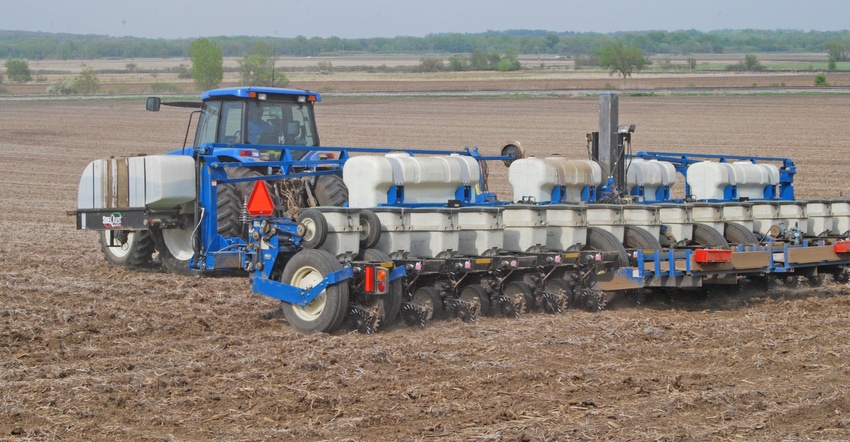November 24, 2020

Seed is among the most significant investments farmers make in their operation every year. How can you be sure your selections are sound and help advance your return-on-investment goals? There are numerous factors to consider as you make seed purchasing decisions for 2021. The following recommendations are from WinField United agronomists:
1. Access an accurate, comprehensive data set. Having good historical data helps you get a comprehensive picture of how hybrids and varieties performed in specific years. Look at data from multiple sources, including data from the WinField United Answer Plot program, your own combine data and pertinent data from your seed retailer. Work with your trusted adviser to access the most relevant information for your farm.
2. Determine your limiting factors. Have you had disease pressure such as sudden death syndrome or soybean white mold in your soybean fields? If so, many fields that had heavy white mold pressure in 2017 will be rotating back to soybeans in 2021, so you may want to consider a product with a comprehensive disease package such as Roundup Ready 2 Xtend soybeans. Or if weeds are your limiting factor, the Enlist E3 soybean trait platform could be for you.
For corn, seed decisions should be approached from a total acre perspective, starting with considering your soil type and what kind of management you’ll be using on those acres. Do you need corn rootworm control? If so, then SmartStax seed may be a good choice. For aboveground insect control, you may want to consider VT Double PRO seed, which can be used with an in-furrow insecticide treatment to also provide control of corn rootworm. From there, look at response-to scores for population, fungicide and nitrogen to determine the best fit with your management strategy.
3. Consider the perks of early purchase. Usually the most generous discounts occur earlier in the seed-purchasing season. Buying earlier also provides a greater range of seeds from which to choose, especially for newer, more limited-release products. You’ll also have a better choice of seed sizes so you can pick the one that best fits your planter.
4. Look back at how seed performed this year. If a seed doesn’t perform as expected, your initial instinct may be to scrap the product completely and move on. WinField United recommends figuring out what caused that product not to perform as you intended. Was it placed on the wrong soil type? Did it not receive adequate nitrogen? Work with your agronomist to pinpoint the problem, and from there, decide whether that product belongs in your seed lineup next year.
Conversely, if a seed performed better than anticipated, determine what management caused the product to perform well so you can repeat those management practices in the future. But remember, no two years are exactly alike. You need to have the flexibility to adjust your management accordingly.
5. Consider trying something new. A number of farmers tend to save 10% to 20% of their acres to plant with products that are new to the market or new to their farms. Through Answer Plot testing, WinField United can quickly determine how those products performed in conditions similar to those found on the farmers’ operations. If you’d like to try this, discuss with your adviser what new and different products might be worth considering for your 2021 planting plans.
6. Tap into tech tools. WinField United retailers have access to corn and soybean Characterization Charts (CHT Tool), enabling them to pull up data and show you total yield for a particular product. Then they narrow things down to your specific management style and how that hybrid or variety performs in different environments.
Lean on your local trusted seed adviser to provide you with the most accurate data. Make sure that person is invested in your success and can recommend the combination of products that will give you the best ROI potential. For more strategies to help you make informed seed selection decisions, talk with your local WinField United retailer.
Source: WinField United, which is solely responsible for the information provided and is wholly owned by the source. Informa Business Media and all its subsidiaries are not responsible for any of the content contained in this information asset.
Read more about:
SeedYou May Also Like




